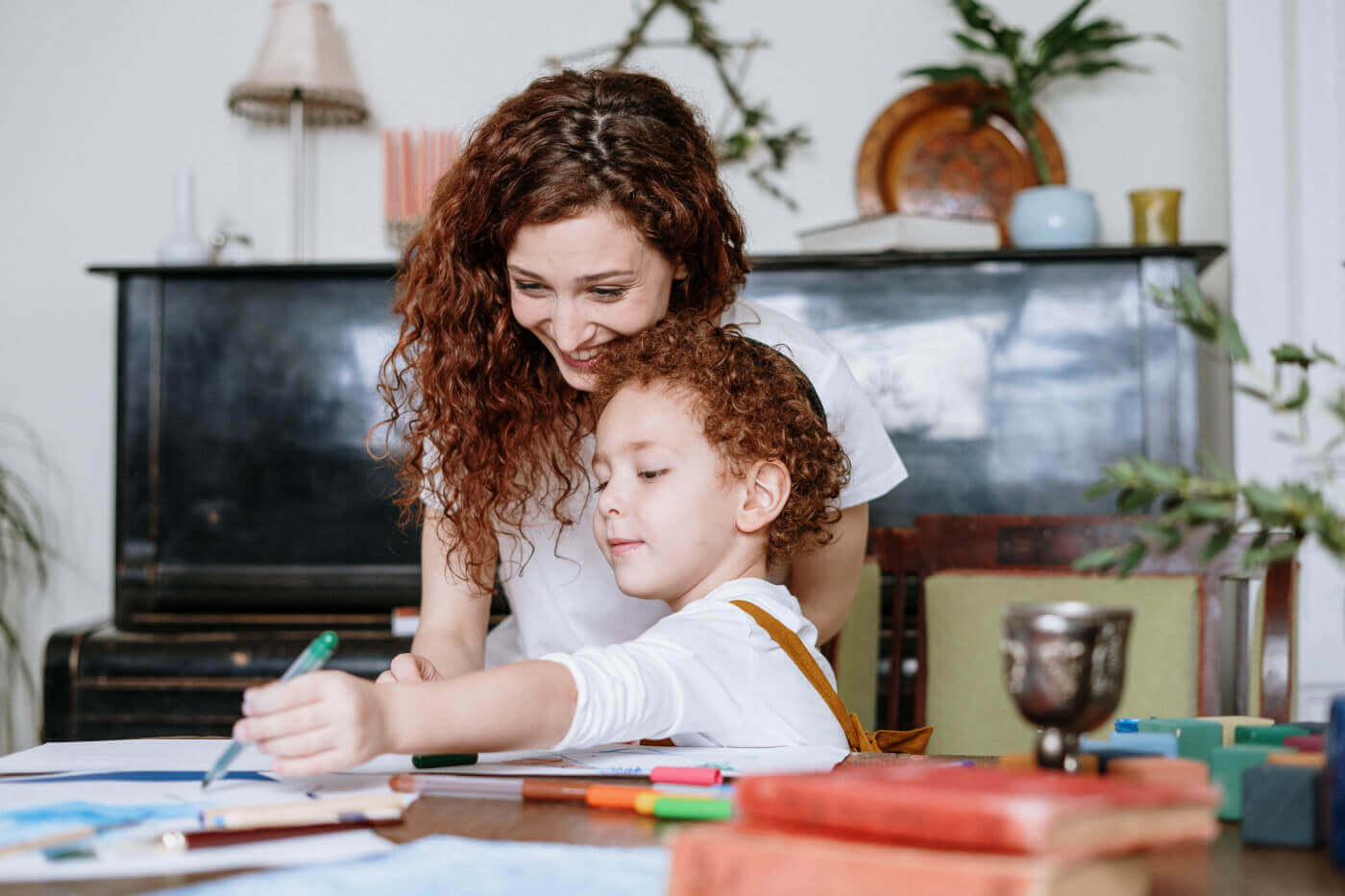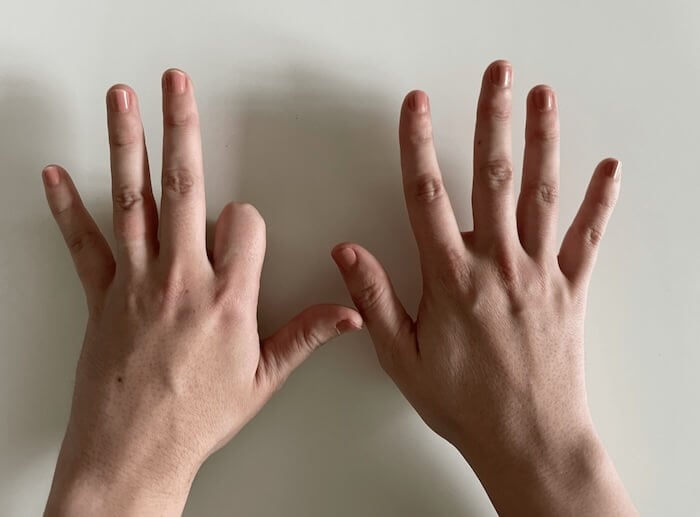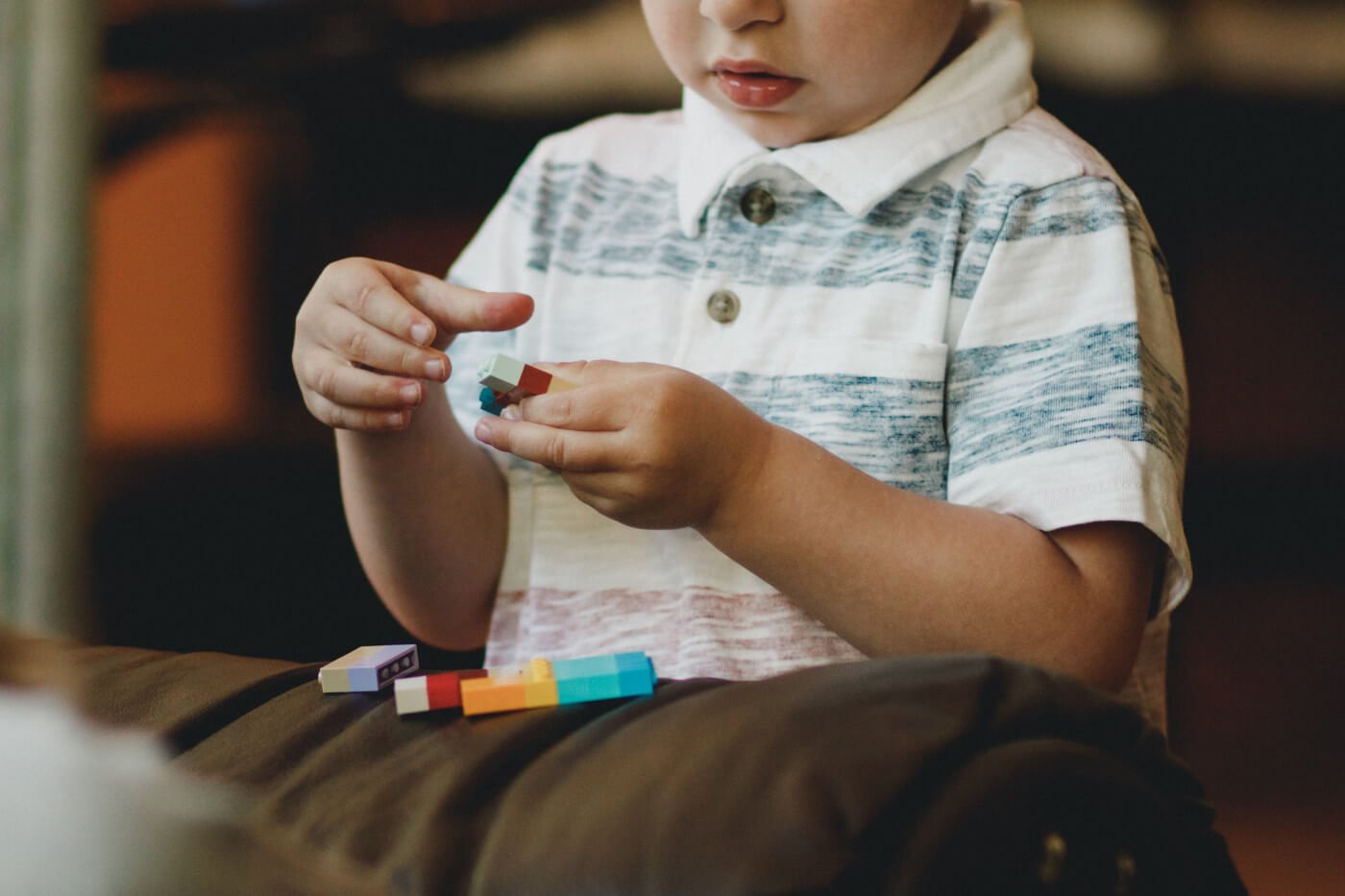How To Use Games To Help Children Learn

Sometimes we think of play as something that children do outside the classroom. But did you know that play can be used as a form of learning for children? Games are interactive, so they make learning fun for children of all ages. In this article, we will cover a multi-sensory approach to learning that uses games to help children learn more effectively. Whether you are a parent, teacher, or tutor, you will find value in reading more about incorporating games and play into learning.
What children can learn through games
These are some of the skills children can learn through play and games:
Social skills
1. Through playing games with others, children learn how to navigate mistakes and what to do when things become challenging.
2. By interacting with others, they will have opportunities to share, work as a team and communicate effectively.
3. Children learn patience, to take turns, to respect other players, and develop resilience because when competing with peers, they can’t always win.
Problem-solving skills
1. Games teach children to independently or collaboratively think about issues and how to resolve them.
2. Children learn planning, recognizing patterns, thinking flexibly, experimenting through trial and error, and working out new strategies.
Academic skills
1. Games can help enhance skills in reading, writing, and mathematics.
2. Some games support language acquisition, making learning a new language more enjoyable and attainable.
How games can feature in the classroom
There are many applications for games in the classroom. Games can be played in pairs, small groups, or as a whole class split into two bigger teams. Depending on the situation, you could introduce physical games, such as card games, board games, or dice games. There are also a lot of online apps that can be used for mathematics, spelling, or science.
While games can be selected purely for enjoyment purposes, you can also choose games based on the learning objective. Create a meaningful learning experience for children by selecting games that can teach children to acquire or improve in specific areas such as spelling, reading, or critical thinking.
Related: Mind-Blowing Maths Tricks Your Kids Will Love
Word games on the go
If you are looking for word games you can play in the classroom or while you’re on the go, choose from the list below. These games don’t require anything other than your brain!
The Rhyme Game
1. Select a word.
2. Ask the children to list any words that rhyme with your chosen word.
Variations: The rules can be flexible. Players can shout out their rhyming words at random, or they can compete in teams. Alternatively, you can add a timer to the game and see which child or team can come up with the most rhyming words in a set amount of time, for example, three minutes.
I’m Going on a Picnic
1. The first person will begin with the letter “A” and might say “I’m going on a picnic and I’m bringing apples.”
2. The second person will add an item beginning with the letter “B,” the third person will use the letter “C,” and so on.
3. The third person might say “I’m going on a picnic and I’m bringing apples, boots, and chalk.”
Depending on the age of the children, you could enforce rules for children who forget the words. Anything from a giggle to the player being eliminated until one player is left standing.
How Many Words?
1. Begin by selecting a topic and try to come up with as many words about the topic as you can.
2. For example, the topic might be “Things you’ll see at the beach.” As individuals or in groups, see how many items you can list in a category or theme.
Maths games
The maths games listed below can be used to improve numerical comprehension, addition, subtraction, multiplication, division, and critical thinking.
Snakes and Ladders
1. This board game involves rolling the dice, moving tokens, and navigating ladders and snakes.
2. Children will learn counting, patience, and how to navigate winning and losing.
Baking
1. Baking involves ratios, measurements, and time-keeping.
2. Children will follow recipes and learn sequencing.
3. This game requires adult supervision, especially when using the oven.
Monopoly
1. Players learn basic finance skills by buying properties and collecting rent.
2. For additional maths practice, a child can take on the role of banker, managing the money pot.
Related: How To Make Maths Fun For Primary School Kids
Looking for a maths tutor?
These are the highest-quality mathematics tutors! Get mathematics lessons online with Teach Me 2 - the best in tutoring.
Related Articles

How To Get Your Child To Love Maths (Even If You Don’t)
Believe it or not, it’s possible to help your child develop a love for numbers! If you are looking for simple and practical ways to get your child to love maths, then keep reading.
Read More

Mind-Blowing Maths Tricks Your Kids Will Love
If your child is struggling to grasp numbers, show them these mind-blowing Maths tricks. We guarantee this will revolutionise the way they view Maths. (read more)
Read More

How To Make Maths Fun For Primary School Kids
When you think of Maths, do you picture numbers on a chalkboard, or do you remember learning fractions while eating pizza or measuring heights with your siblings?
Read More

We help families find their perfect tutor
Help your child improve their grades and get their confidence back.
GET A TUTOR